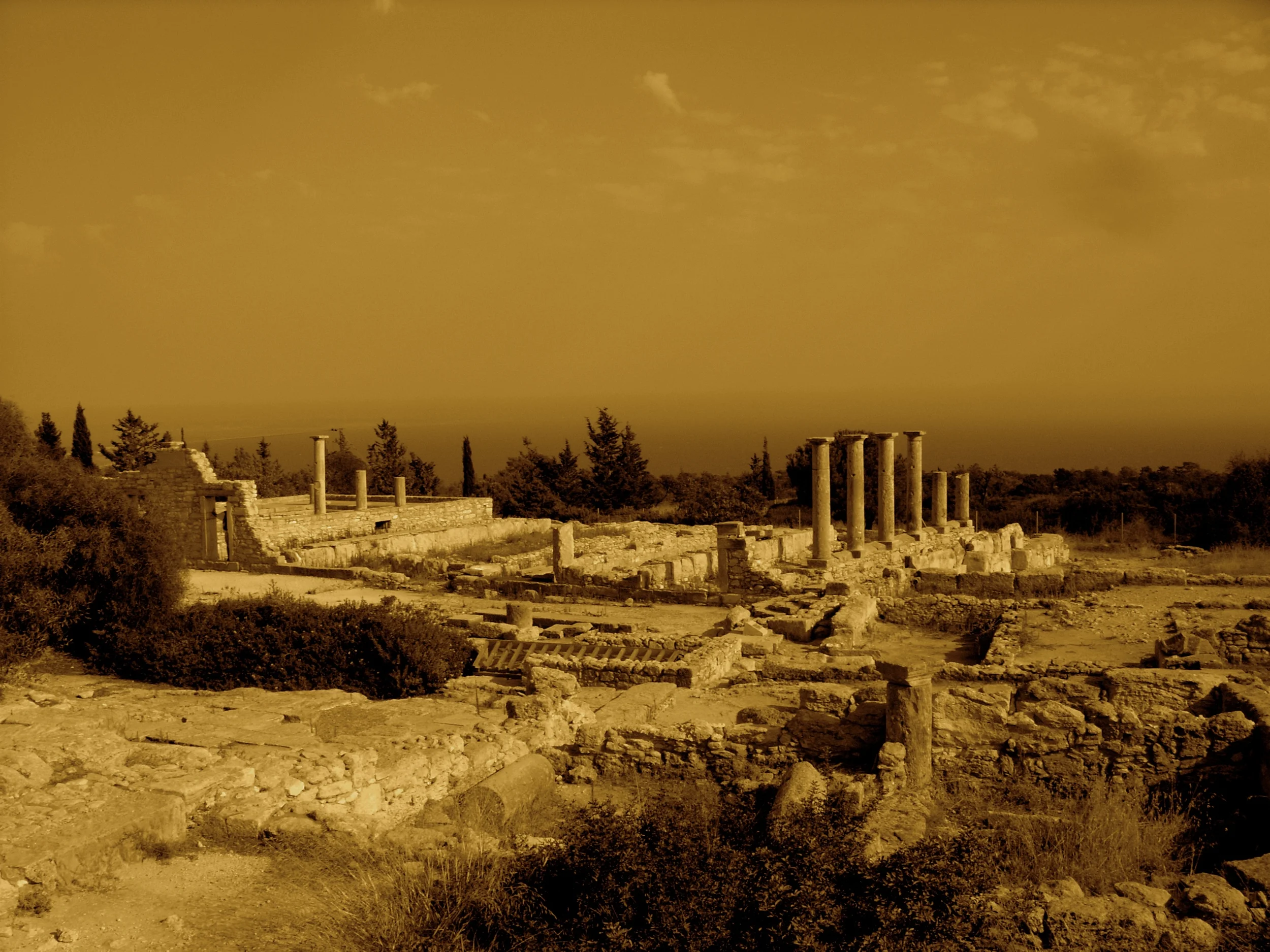Lest we Forget
/2016 was the first year since 1968 without any British military deaths on operations. As memories fade of the death and physical or mental injuries suffered in recent conflicts such as Iraq and Afghanistan, we must remember those who have made the ultimate sacrifice throughout history to ensure our children grow up in a free and safe world. Remembrance Day, also known as Armistice Day, marks the day World War One ended, at 11am on the 11th day of the 11th month, back in 1918. Whatever your religious or political beliefs are, the men and woman of our Armed Forces are a vital tool to ensure our freedom - nobody wants 'peace' more than those who have experienced the horrors of war, but unlike some who haven't, military people are able to identify better with the unfortunate fact that right now, whilst there are bad people in the world who want to do bad things, we need an effective military, who stand ready to fight (and occasionally do), in order to act as a deterrent.
In the spring of 1915, shortly after losing a friend in Ypres, a Canadian doctor, Lieutenant Colonel John McCrae was inspired by the sight of poppies growing in battle-scarred fields to write a now famous poem called 'In Flanders Fields'. After the First World War, the poppy was adopted as a symbol of Remembrance. Modern day wearing of the poppy is a personal preference which should be used by an individual to show to themselves that they remember those who have made sacrifices - not necessarily that they agree with the politics of certain conflicts, or that they agree with the concept of fighting aggression with aggression, but just that they appreciate and remember. The poppy appeal in the UK is used by the Royal British Legion to help the Armed Forces Community, and the money they raise through the appeal makes a significant difference to those who need help and support. The poppy is a symbol of remembrance and hope, worn by millions of people and coloured red because that is the natural colour of field poppies. It is not a symbol of death, or blood or an indication or your political and/or religious views. As we head more towards a culture of 'feelings' and 'entitlement', we will probably see the poppy phased out over time as a symbol of remembrance, or see it hijacked as a political tool and used by individuals to promote themselves. Until the next great conflict for our freedom, when those same individuals will call upon the ever decreasing pool of men and women who are prepared to take up arms to defend our great country. And while we wait for those conflicts to come knocking on our door, the Armed Forces will go about training hard so they are ready for that day - in between manning fire engines during strikes, rescuing your from your flooded village, backfilling manpower for big companies who can't honour multi-million pound contracts for events such as the Olympic Games, responding to terrorism in our cities and towns, delivering aid and relief to those who have suffered in natural disasters, guarding significant national infrastructure sites 365 days of the year, combatting the drugs trade which brings misery to millions of people, guarding the waters and airspace around our country, burning animals to prevent the spread of Foot and Mouth disease or assisting us when the country suffers a harsh winter as it did in 2009-10.
You can't pick and choose when you support the Armed Forces community, there will be conflicts or tasks which you don't agree with and some you do, but military personnel don't get to choose which ones they get involved in, so nor should we choose which ones we support them in.
Everyone wants to eat, but few are willing to hunt.
They shall grow not old, as we that are left grow old:
Age shall not weary them, nor the years condemn.
At the going down of the sun and in the morning
We will remember them.



